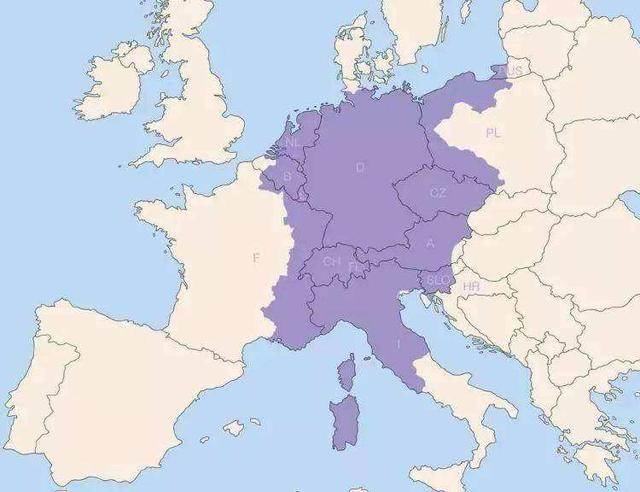(一)汇款结汇
汇款结汇是指通过向外汇银行出示相关汇款凭证和与之对应的外汇收入确认书,以及相关境外银行账号、持有人姓名等资料申请实现外汇收入结汇的方式。汇款结汇一般由收款人在境外或境内开具汇款凭证,中间汇款人按照不同的汇款类型将外汇汇至境外的外汇银行账号,境外的外汇银行收到外汇汇款后,会对单据及账户进行查验,满足基本的要汇条件,外汇银行核实无误后,出示结汇申请,中国开展结汇业务,正式完成结汇手续。
(二)代理结汇
代理结汇是指境内收汇人委托中国银行总行、支行或报关行在境外开立代理结汇账户,将外汇汇入该账户,由该账户作为中介,以代理身份对外领取外汇,陆续汇入至境内收汇人指定的账户。特别的,当境内收款人想要手提现金或者通过其他方式结汇的,可以由境内有关银行或机构提供代理结汇服务,境外的代理银行出具外汇的结汇收据,并将外汇支付给境内收款人。境内有关银行或机构收取境外代理银行或金融机构发出的外汇,再按照境内收款人的要求办理外汇转换结汇业务。
(三)代付结汇
代付结汇是指付款人把外汇汇入其派出机构所在国家/地区银行指定账户,由派出机构根据国家外汇管理机关的要求,出具外汇结汇申请书或支付相应的外汇结汇支付单,向银行申请外汇结汇业务。
(四)外汇实时结汇
外币实时结汇是通过电子交易系统实现外币结汇和汇率报价的新型结汇方式。它是存在于客户电脑上的软件和国际外汇中心之间,两者通过网络实时交易以实现外汇交易制备外币实时结汇的方式。它不同于传统的汇入汇出外汇,客户可以选择在实时交易的全程中,当客户选择的外汇结汇汇率出现时,会自动做出结汇决定,实时结汇即可完成。
(五)汇率结汇
汇率结汇是指当符合外汇管理的要求,申请人在外汇实行汇率浮动时,可能享受到较优汇率,以期达到特殊的客户或机构利益的结汇方式。申请人可以选择结汇一定价格范围内的汇率结汇,在浮动汇率达到申请价格范围内时完成结汇操作,把汇率调节到中国金融机构规定的汇率内。从而获得一定比率的收益,尽量减少风险,更好地保护自身财务不受变化汇率带来损失。
一、foreign exchange settlement(结汇)
foreign exchange settlement, also referred to as foreign exchange transactions or fx transactions, is the process of exchanging one currency for another at an agreed upon exchange rate. this involves the purchase or sale of the currency and the settlement of the transaction. transactions are usually completed through the use of either cash or securities, or through a clearinghouse.
二、types of foreign exchange settlement
1. spot transaction(即期交易)
a spot transaction is the purchase or sale of a foreign exchange at an agreed upon rate on the spot or within two days of the transaction. this type of transaction is typically used for short-term needs such as paying wages or importing goods.
2. forward transaction(远期交易)
forward transaction is similar to the spot transaction but the exchange rate is determined for a future date. this type of transaction is often used to secure an exchange rate for future transactions or to manage risk by locking in an exchange rate.
3. swap transaction(掉期交易)
a swap transaction is the simultaneous purchase and sale of two currencies with different delivery dates. this is done to capture the benefits of a exchange rate before the currencies actually settle, and to take advantage of any discrepancies between the spot and forward rate.
4. hedging transaction(对冲交易)
a hedging transaction is done to reduce the risk associated with exchange rate movements. it involves entering into a contract that offsets any potential losses from exchange rate fluctuations. the contract may be for a fixed period of time or for an indefinite period.
5. credit transaction(信用交易)
a credit transaction is a type of transaction where one party agrees to provide another with a loan in a foreign currency. this type of transaction is often used to finance international trade and is normally conducted between a financial institution and a qualified customer.
6. clearinghouse transaction(结算所交易)
a clearinghouse transaction is when two parties agree to exchange foreign exchange but instead of actually exchanging the currencies the parties exchange a third party that assumes the burden of settling the transaction. this type of transaction is often used to reduce the risk associated with foreign exchange transactions.
7. options transaction(期权交易)
an options transaction is a type of agreement that gives the buyer the right, but not the obligation, to purchase or sell a certain currency at an agreed upon exchange rate at an agreed upon date. this type of transaction gives the buyer the flexibility to take advantage of favorable exchange rate movements if they occur.
8. structured transaction(结构化交易)
structured transactions are a type of foreign exchange transaction that is made up of several different components. it allows the parties to tailor transactional terms to fit their specific needs and objectives. these transactions can often be tailored to meet the needs of each party and can involve currencies other than just foreign exchange.
9. electronic transaction(电子交易)
an electronic transaction is a type of transaction that takes place over the internet or other electronic systems. this type of transaction makes use of technology to speed up the processing of a foreign currency transaction and to ensure accuracy in the exchange rate. this type of transaction is often used by banks, brokers and trading companies.
10. delivery versus payment transaction(付款交割)
delivery vs payment (dvp) is a type of foreign exchange transaction in which one party pays for the other party's currency in the same currency. this type of transaction is often used to speed up the settlement process and to make sure both parties receive their payments.





